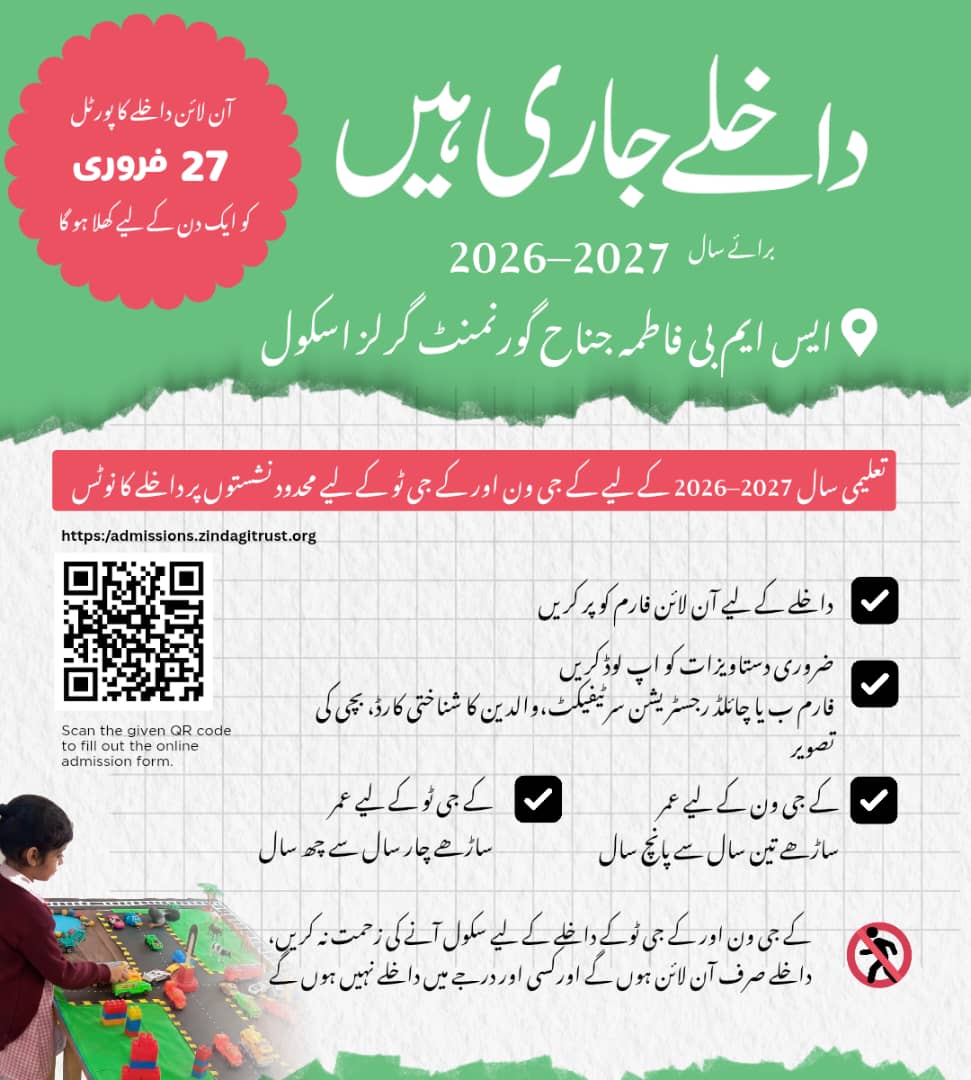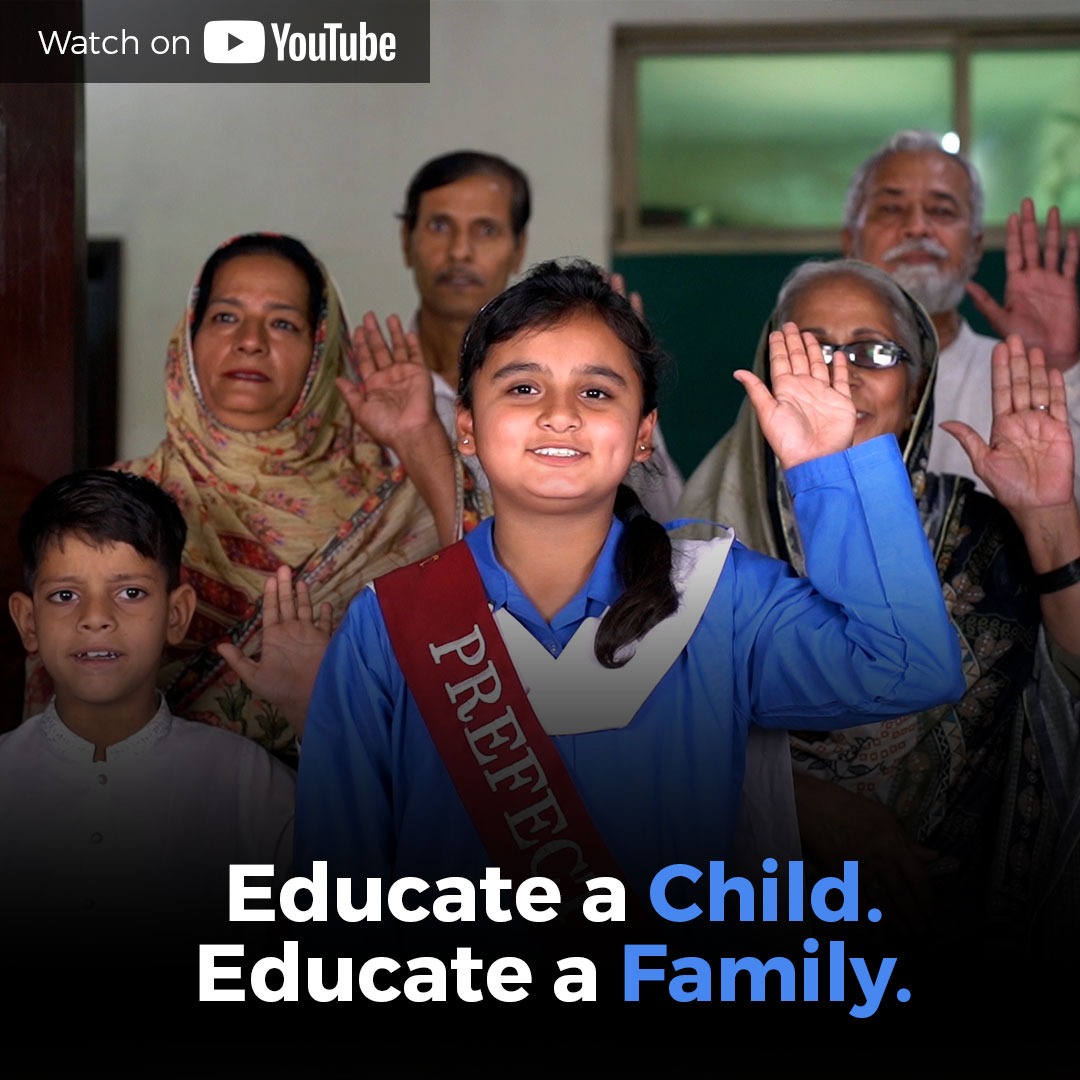

2025-07-09

In a significant win for child protection and education reform, the Supreme Court of Pakistan has taken up a petition filed by Zindagi Trust’s founder Shehzad Roy, urging the government to make Life Skills-Based Education (LSBE) a compulsory part of the national curriculum.
Recognizing the urgency of the matter, the Supreme Court has summoned federal and provincial education secretaries for the next hearing, a major step toward systemic change in how we prepare our children to face the real world with confidence, dignity, and safety.
Recognizing the urgency of the matter, the Supreme Court has summoned federal and provincial education secretaries for the next hearing, a major step toward systemic change in how we prepare our children to face the real world with confidence, dignity, and safety.
“Teaching kids how to solve a math equation without giving them the language or tools to talk about abuse, consent, or boundaries is not enough. If we want to protect our children, LSBE must be non-negotiable.”
— Shehzad Roy, Founder Zindagi Trust
Filed with legal expert Salman Akram Raja, the petition urges the Court to direct all provincial governments and relevant education departments to:
The petition emphasizes that LSBE has been “universally successful in equipping children with essential life skills, making them less susceptible to child sexual abuse.” It highlights the urgent need to educate children about body safety, identifying and reporting inappropriate behavior, and building effective communication skills from a young age.
For over a decade, Zindagi Trust has been at the forefront of transforming public education. Our on-ground experience tells us that life skills education is not optional, it’s a lifeline for children navigating increasingly complex social realities.
We’ve seen its impact in our adopted government schools, where children now:
And yet, these vital lessons are still missing from most classrooms across the country.
With the Supreme Court now involved, we are hopeful that this issue will no longer remain sidelined.
Every child deserves more than just academic learning. They deserve safety, awareness, and the power to protect themselves.
PRESS COVERAGE:
